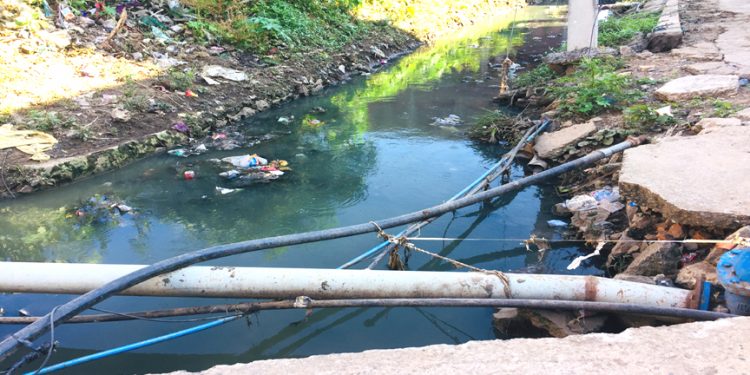Berhampur: There has been a 12-fold rise in the spread of dengue in Ganjam district compared to last year when only nine persons had tested positive for the disease, a report said.
The disease has acquired alarming proportions in the district as 106 persons tested positive by September 30 in 17 blocks and in Berhampur Municipal Corporation (BeMC) areas, district health officials said.
The rapid spread of the disease has sparked concern among policymakers and residents alike. Meanwhile, 106 persons have tested positive with two more testing positive in Chhatrapur block, Thursday.
Among the affected persons, one is a 12-year-old boy from Chhatrapur while another is a 42-year-old man of Sana Aryapalli village. In Berhampur, 30 persons including six children have tested positive for the disease so far.
Health officials and residents suspect that the disease might have come from outside of the district. Reports said affected persons, who first tested positive for the disease, had come from outside of the district or from other states.
Since then, the disease has been spreading fast in the district. Things have come to such a pass that each day one or two persons test positive.
This year, 106 persons have tested positive for the disease while only nine tested positive last year. This is a 12-fold rise in the spread of the disease compared to last year, health officials said.
When contacted, chief district medical officer (CDMO) Dr Uma Shankar Mishra said Ganjam, Jagannathprasad, Buguda, Kodala and Belguntha blocks have remained untouched by the disease as not a single person in these areas was identified with it.
However, the silver lining is that not a single person has died in last nine years, he said. Notably, dengue had acquired epidemic proportions in Ganjam district in 2012 when a maximum of 533 persons had tested positive.
Health officials said stagnation of dirty water is giving rise to birth of Aedes mosquitoes –the carrier of the disease. They said people are being sensitised not to allow water to stagnate around their houses.
They said health officials are visiting spots where dengue patients have been detected and destroying the mosquito larvae.
Similarly, sanitary workers clean the areas of coconut shells, broken buckets and unused tyres as water might stagnate in them and lead to birth of dengue mosquitoes. The BeMC authorities also conduct fogging in vulnerable areas of the city.
PNN






































